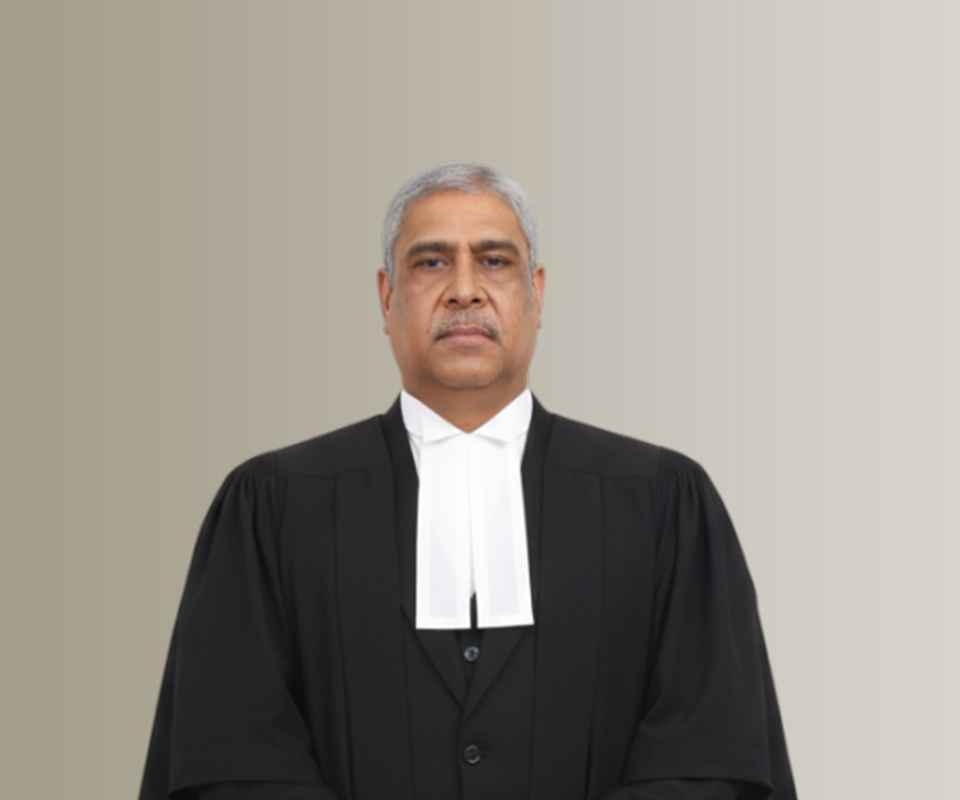Answer By law4u team
In India, under the Hindu Marriage Act, 1955, the minimum separation period required for mutual divorce is one year. However, the couple must have been living separately for at least one year before filing a petition for divorce by mutual consent. This statutory period allows the couple to demonstrate that they have irreconcilable differences and have been living apart, thus giving the marriage sufficient time to break down completely.
What is Mutual Divorce?
Mutual divorce is a legal process in which both spouses agree to dissolve their marriage. Unlike a contested divorce, where one spouse seeks to end the marriage due to reasons like cruelty, adultery, or desertion, mutual divorce is based on the consent of both parties. They both must agree to end the marriage and file a joint petition in the family court.
Minimum Separation Period for Mutual Divorce
According to Section 13B of the Hindu Marriage Act, 1955, the spouses must meet the following criteria to file for mutual consent divorce:
- Living separately for at least one year: The couple must have been living apart continuously for at least one year before they can file for mutual divorce. This is the minimum statutory period.
- Irretrievable Breakdown of Marriage: During this separation period, both parties must have reached the conclusion that the marriage cannot be repaired or reconciled. This ensures that the decision for divorce is mutual and not made hastily.
- Consent of Both Parties: Both spouses must file the divorce petition together and state that they have mutually agreed to end the marriage.
Detailed Process for Mutual Divorce
Filing the Petition
After completing the minimum separation period of one year, both spouses file a joint petition in the family court. This petition must include:
- Consent from both parties.
- A statement confirming that they have been living separately for at least a year.
- A statement of their desire to dissolve the marriage by mutual consent.
First Motion
The family court hears the petition and, if satisfied with the grounds and the joint petition, passes the first motion. At this stage, the court allows a waiting period of six months (which can be waived under specific circumstances) before the second motion.
Second Motion
After the waiting period (usually six months), the couple files for the second motion. Both parties must appear before the court and confirm that they still wish to proceed with the divorce.
Final Decree of Divorce
Once the court is satisfied with the second motion, it grants the final decree of divorce. The marriage is officially dissolved.
Important Notes on the Separation Period
What Counts as Living Separately?
The term living separately refers to a situation where the couple is not living under the same roof, even if they maintain financial or emotional ties. The court focuses on whether they have been living apart and not maintaining a shared marital relationship.
Separation Must Be Continuous
The period of separation must be continuous for one year. Short-term reconciliations or staying together temporarily for specific events like festivals or family gatherings will not affect the eligibility for mutual divorce as long as the spouses maintain the intent of living separately.
Waiver of Waiting Period
While the law mandates a six-month waiting period between the two motions, the court may waive this waiting period under special circumstances if it feels that there is no chance of reconciliation between the spouses.
Example of Mutual Divorce Process
Example 1: Mutual Divorce after One Year of Separation
Ravi and Priya have been married for five years but have been living separately for the past two years due to irreconcilable differences. After one year of living separately, they both decide they no longer wish to stay married and file a joint petition for mutual divorce in the family court.
The court accepts the petition and passes the first motion. After six months, they file the second motion and confirm their desire for divorce.
The court then grants the final decree of divorce, and their marriage is officially dissolved.
Example 2: Waiver of Waiting Period for Immediate Divorce
Nisha and Amit have been living separately for over a year and have mutually agreed to end their marriage due to constant disputes. They file a mutual divorce petition in the family court after the one-year separation.
The court passes the first motion and waives the six-month waiting period, recognizing that the couple has no chance of reconciliation.
The second motion is filed immediately, and the court grants the final divorce decree in a few months.
Conclusion
In India, the minimum separation period for mutual divorce is one year under Section 13B of the Hindu Marriage Act, 1955. After this period, both spouses must file a joint petition for divorce, which includes a statement confirming their mutual decision to end the marriage. A six-month waiting period is typically required between the first and second motions, although this can be waived in certain situations.







